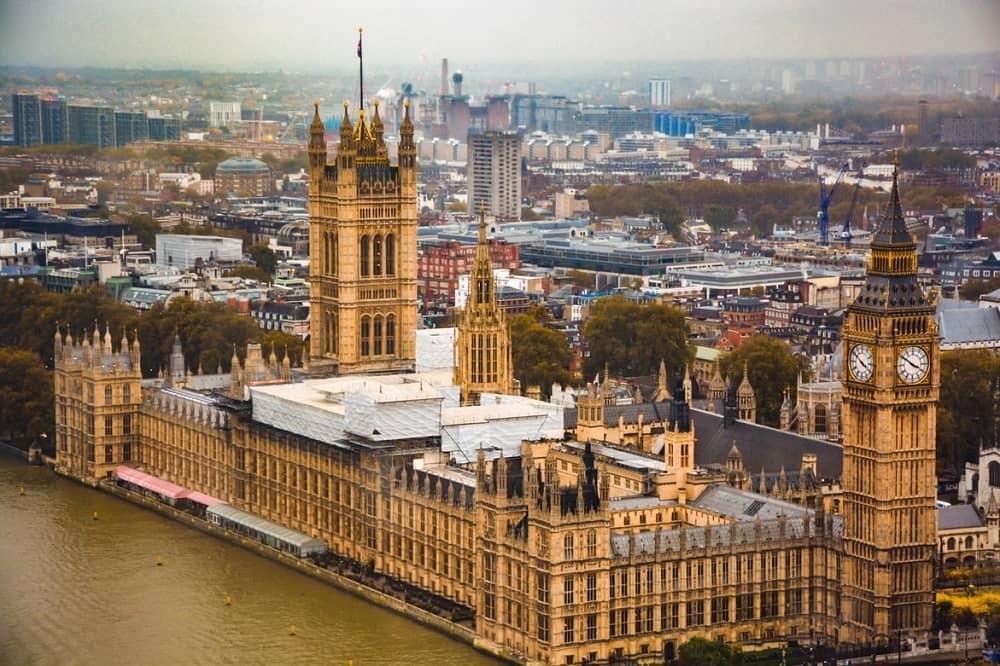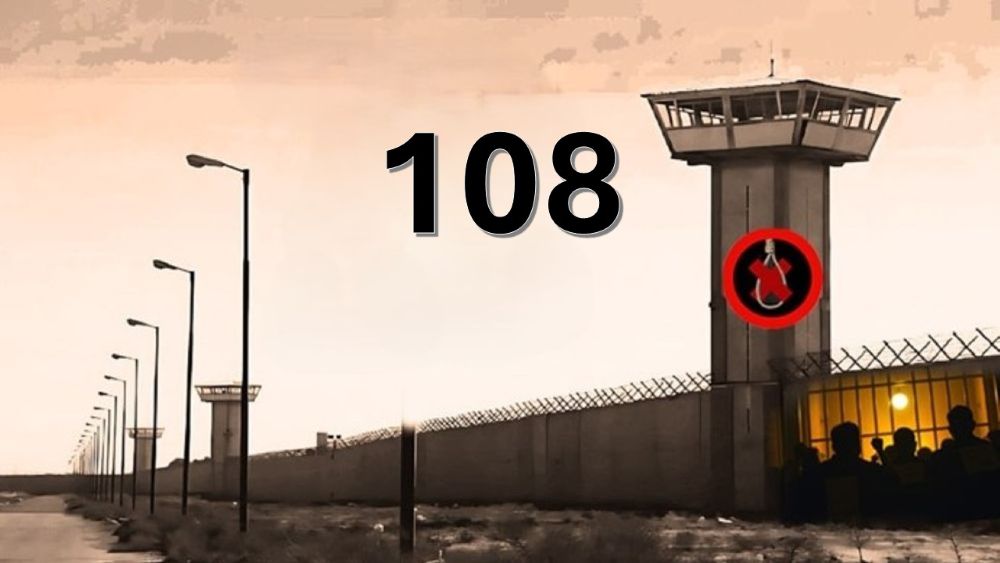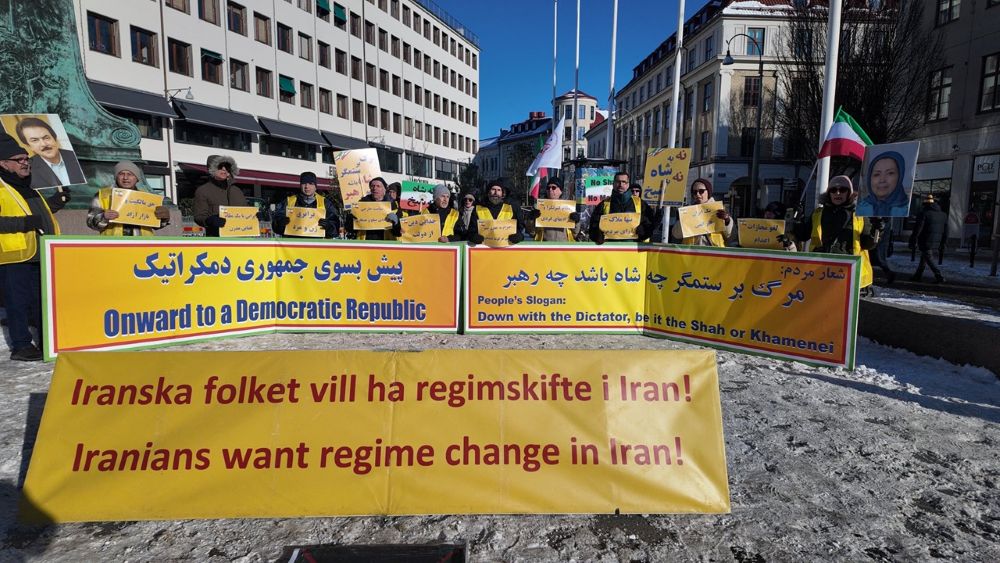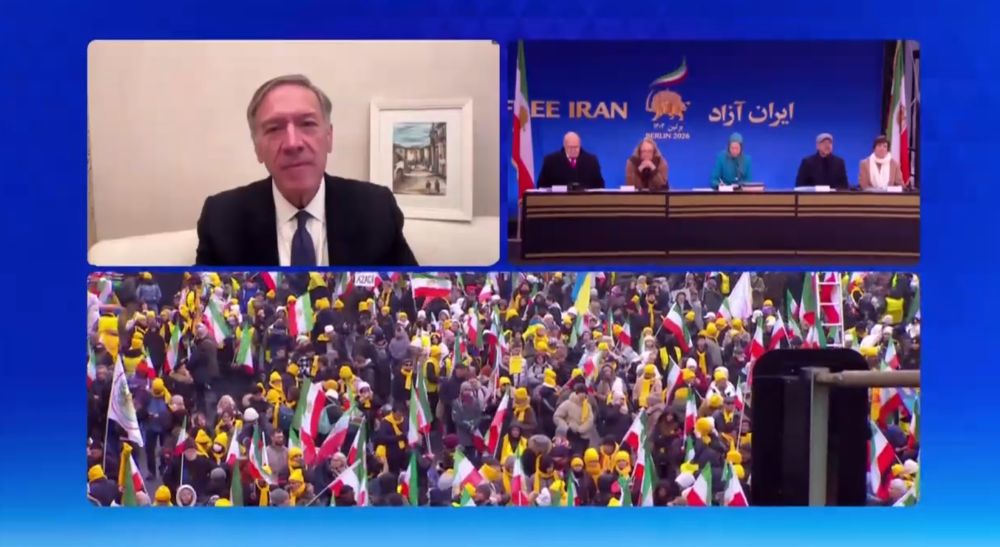
The Foreign Affairs Committee of the National Council of Resistance of Iran‘s submission, recently published on the UK Parliament’s website, delves into the escalating threats posed by the Iranian regime to regional stability.
The comprehensive document traces Iran’s extensive regional involvement, originating in the 1980s and gaining momentum after the 2003 U.S. invasion of Iraq. The report highlights Iran’s influence, visible in the “axis of resistance,” supported by non-state allies and proxies, reaching across Syria, Iraq, Lebanon, Yemen, and Afghanistan.
Central to the report is an emphasis on Iran’s strategic use of hostage-taking in its foreign policy, coupled with criticism of perceived inaction by the United States and Western governments. The document explores various theories underpinning Iran’s regional interventions, tying them to the regime’s foundation in Islamic Fundamentalism and its pursuit of survival.
The report contextualizes Iran’s significant investments in nuclear and missile initiatives as integral to its survival strategy. These initiatives, it argues, provide strategic leverage on the international stage and act as deterrents against external threats.
The conclusion drawn is that as long as the current regime persists, so will its regional interventions. The report underscores that any alteration in Iran’s regional behavior hinges on a regime change initiated by the Iranian people themselves.



